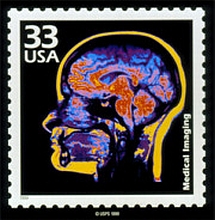Few scientific challenges are more complex than understanding the health risks of a chemical or drug. Investigators cannot feed toxic compounds to people to see what doses cause cancer. Instead laboratory researchers rely on animal tests, and epidemiologists examine the human exposures that have already happened in the field. Both types of studies have many uncertainties, and scientists must extrapolate from the evidence to make causal inferences and recommend protective measures. Because absolute certainty is rarely an option, regulatory programs would not be effective if such proof were required. Government officials have to use the best available evidence to set limits for harmful chemicals and determine the safety of pharmaceuticals. Uncertainty is an inherent problem of science, but manufactured uncertainty is another matter entirely. Over the past three decades, industry groups have frequently become involved in the investigative process when their interests are threatened. If, for example, studies show that a company is exposing its workers to dangerous levels of a certain chemical, the business typically responds by hiring its own researchers to cast doubt on the studies.
Source: The Scientific American, June 2005 (attached)

- Log in to post comments
